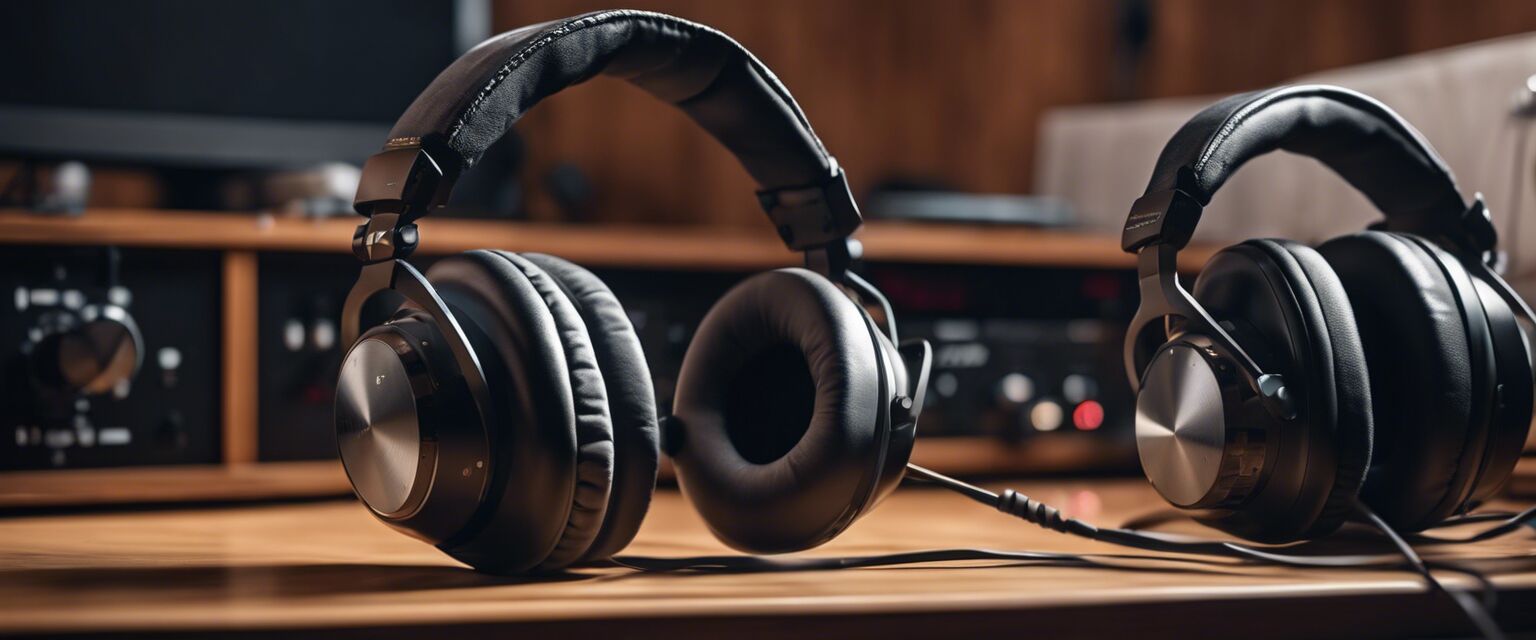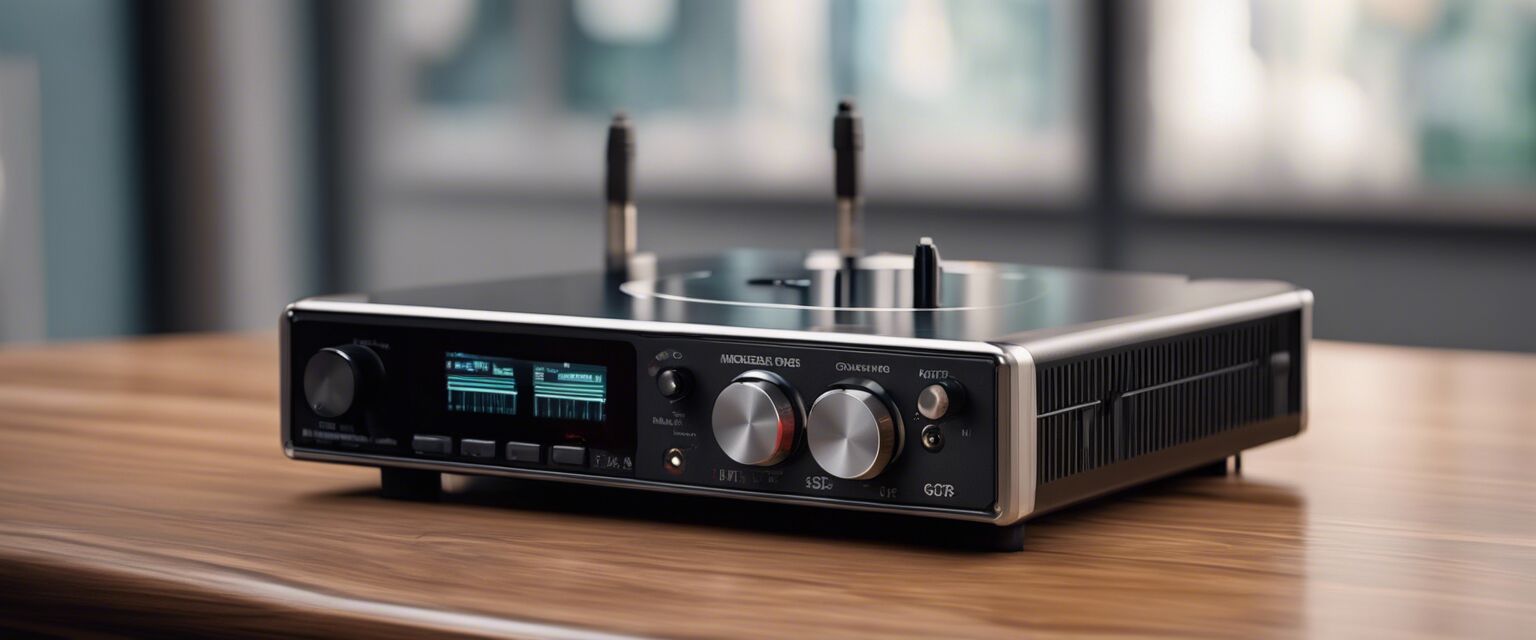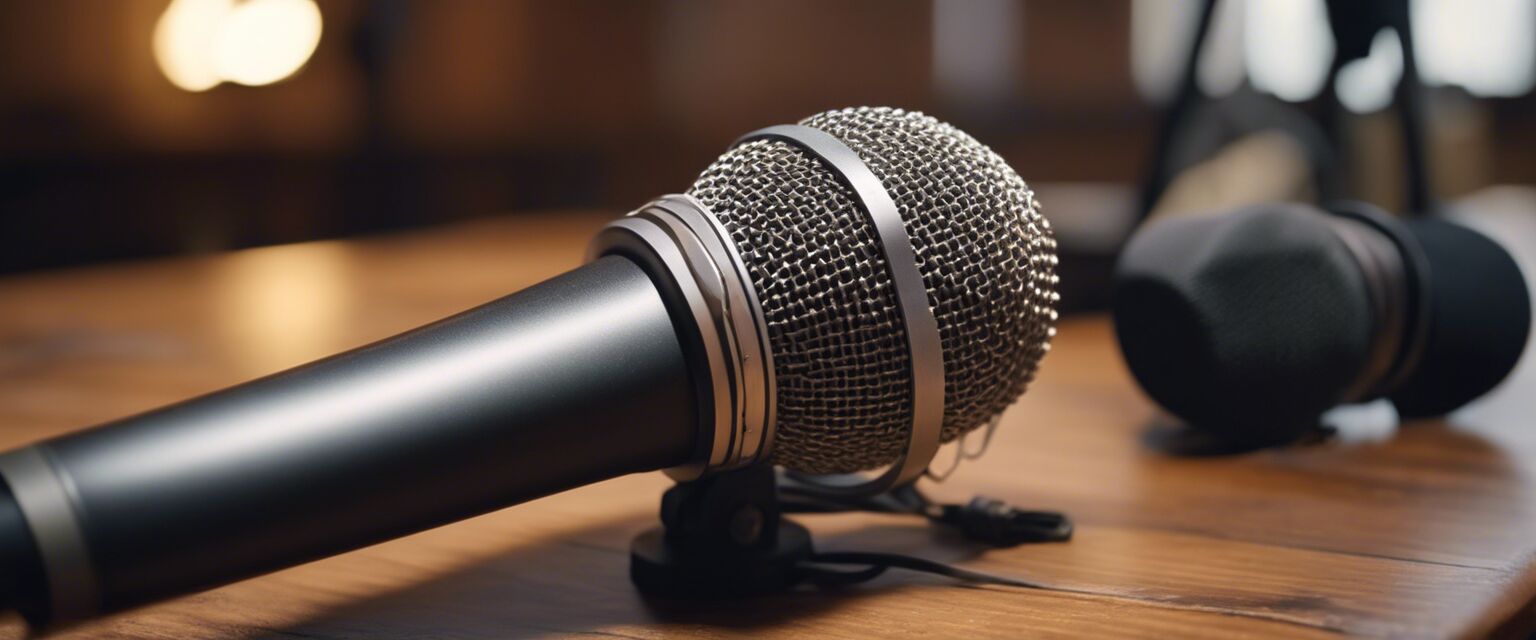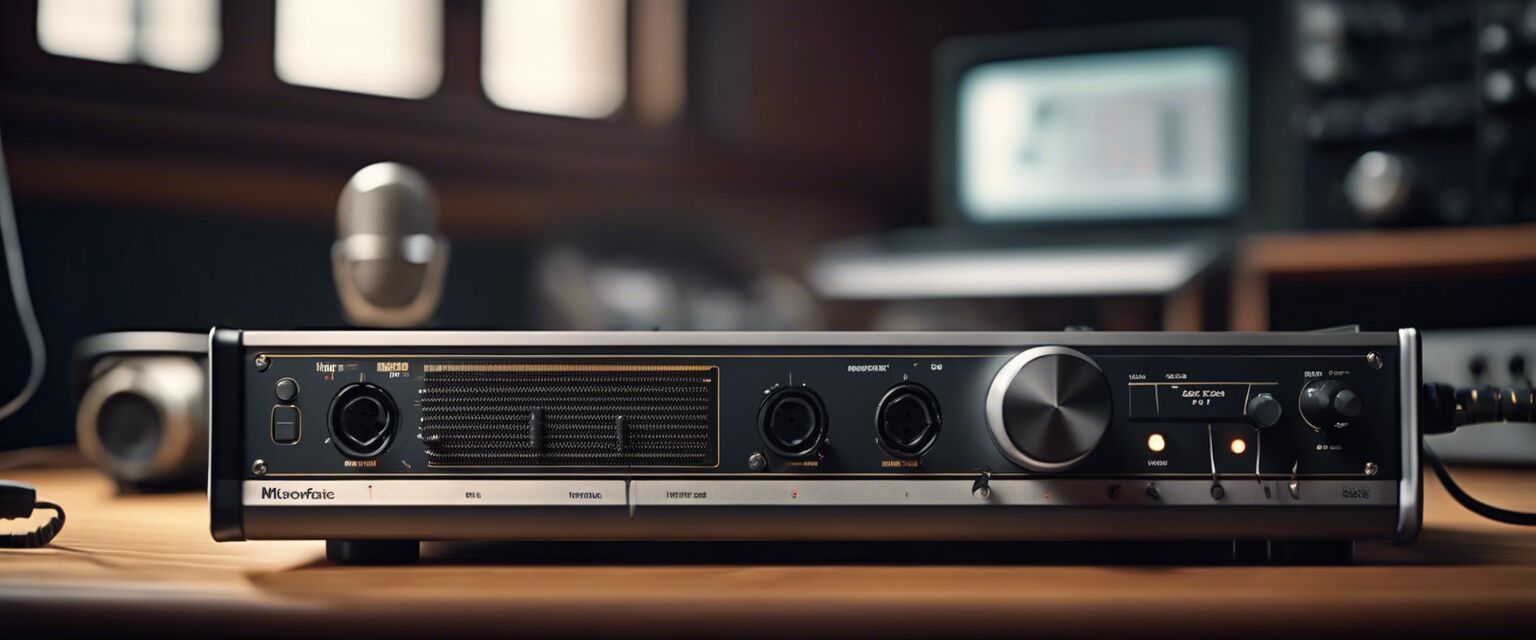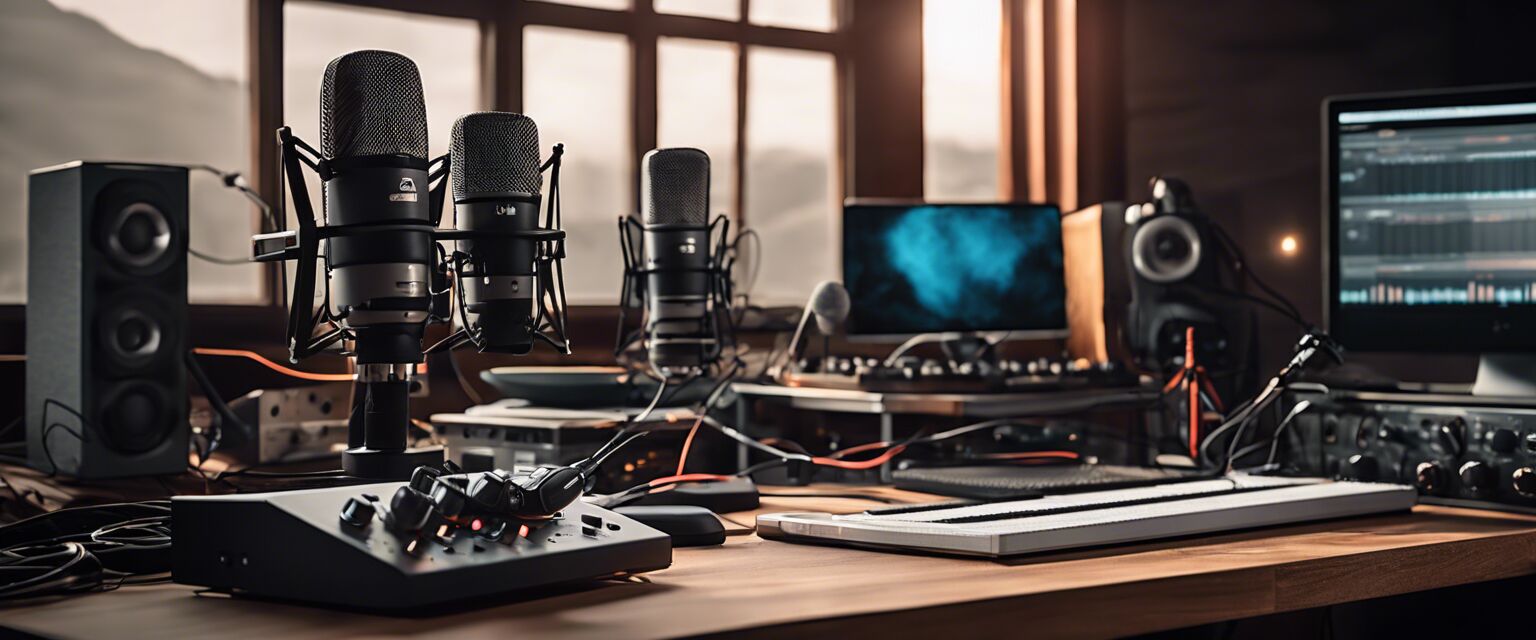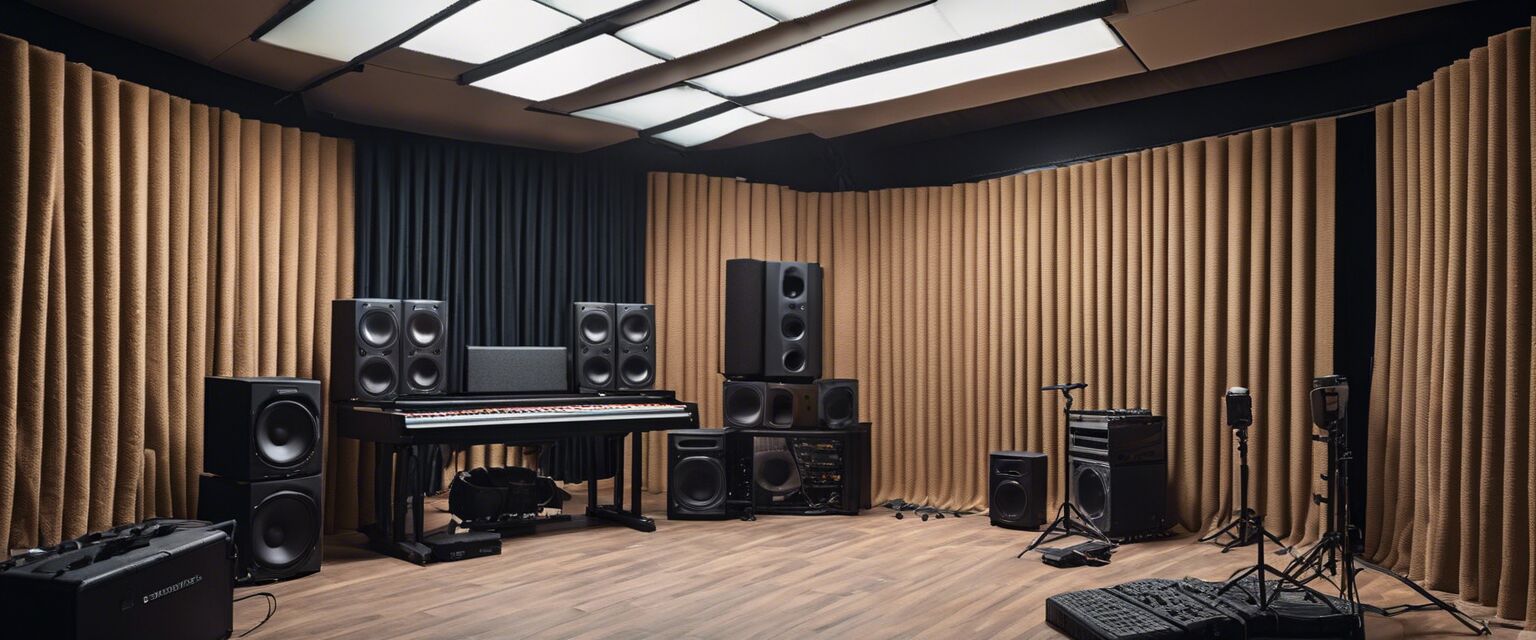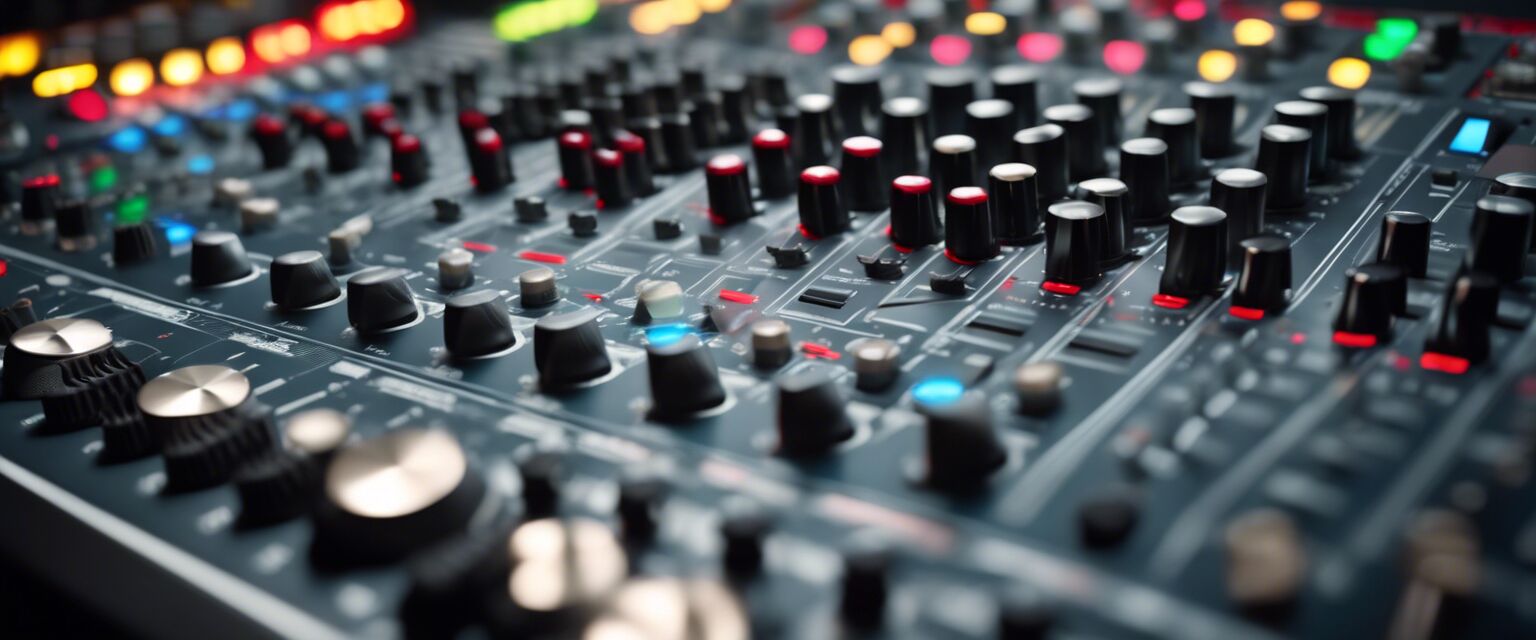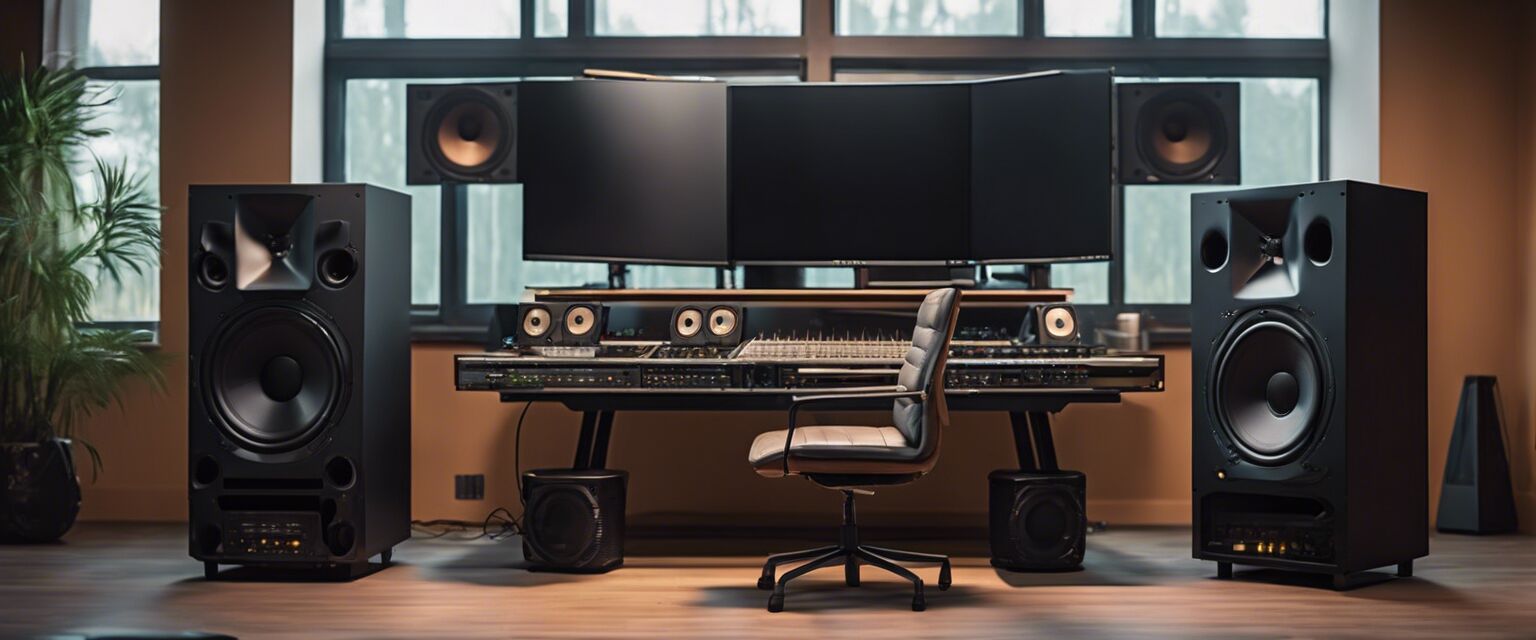
Best Studio Monitors
Key Takeaways
- Studio monitors are essential for accurate sound monitoring.
- Choosing the right studio monitors can greatly enhance your audio production quality.
- Consider factors such as room size, monitor type, and sound characteristics before purchasing.
- There are various price ranges available to suit different budgets.
When it comes to audio production, having the right studio monitors is crucial for achieving high-quality sound. Whether you are a professional musician, a podcaster, or a broadcaster, investing in a good pair of studio monitors can make all the difference in your audio projects. In this article, we will review and compare some of the best studio monitors available for both professional and home studios.
What are studio monitors?
Studio monitors are specialized speakers designed to provide a flat frequency response, allowing for accurate sound reproduction. Unlike regular speakers, which may enhance certain frequencies, studio monitors deliver sound as it is recorded, making them essential tools for mixing and mastering audio.
Types of studio monitors
There are two main types of studio monitors: active and passive.
- Active studio monitors: These have built-in amplifiers and are ready to use right out of the box.
- Passive studio monitors: These require an external amplifier and are typically used in more advanced setups.
Factors to consider when choosing studio monitors
- Room size: The size of your room will impact the type and size of monitors you should consider.
- Monitor type: Decide whether you want active or passive monitors based on your setup.
- Frequency response: Look for monitors with a wide frequency range for better sound reproduction.
- Budget: Studio monitors come in various price ranges. Determine your budget before shopping.
Comparison of top studio monitors
| Monitor Model | Type | Frequency Response | Price Range |
|---|---|---|---|
| Yamaha HS5 | Active | 54Hz - 30kHz | $199 - $249 |
| KRK Rokit 5 G4 | Active | 43Hz - 40kHz | $169 - $219 |
| JBL 305P MkII | Active | 48Hz - 20kHz | $149 - $199 |
| Focal Alpha 65 EVO | Active | 40Hz - 22kHz | $349 - $399 |
| KRK Rokit 7 G4 | Active | 39Hz - 40kHz | $249 - $299 |
Pros and cons of studio monitors
Pros
- Accurate sound reproduction for mixing and mastering
- Wide frequency range for detailed audio
- Available in various price points
- Active monitors are easy to set up
Cons
- Can be expensive
- Passive monitors require additional equipment
- Room acoustics can affect sound quality
Setting up your studio monitors
Proper setup of your studio monitors is essential for achieving the best sound quality. Here are some tips for optimal placement:
- Position monitors at ear level for the best listening experience.
- Place monitors at least a few feet from the wall for better acoustic performance.
- Aim the monitors toward your listening position to enhance sound clarity.
Beginner tips for selecting studio monitors
- Start with a budget and stick to it.
- Test different monitors in-store if possible.
- Consider your room size and acoustics when making a choice.
- Read reviews and comparisons online to make an informed decision.
Conclusion
Choosing the right studio monitors can significantly impact your audio production experience. By understanding the different types, features, and factors to consider, you can find the perfect pair that fits your needs and budget. Whether you're a budding musician or a seasoned pro, investing in quality studio monitors will help you achieve the sound you desire.
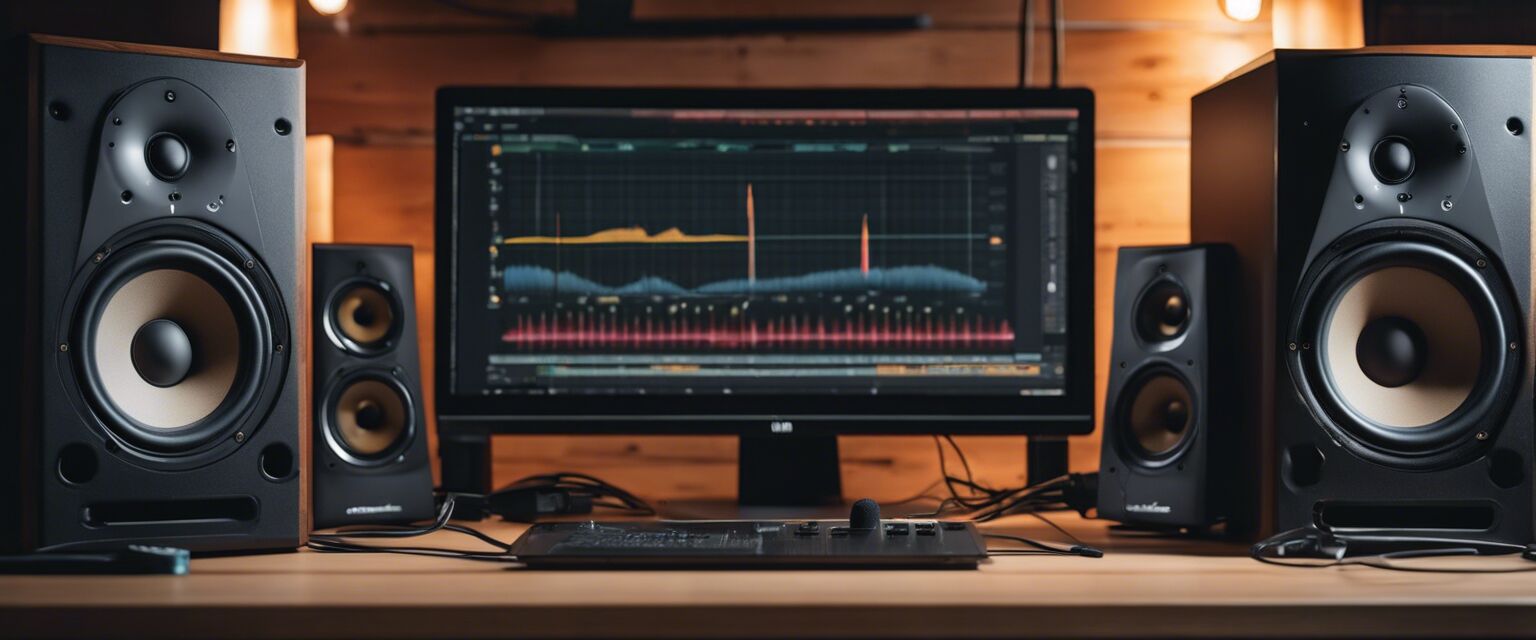
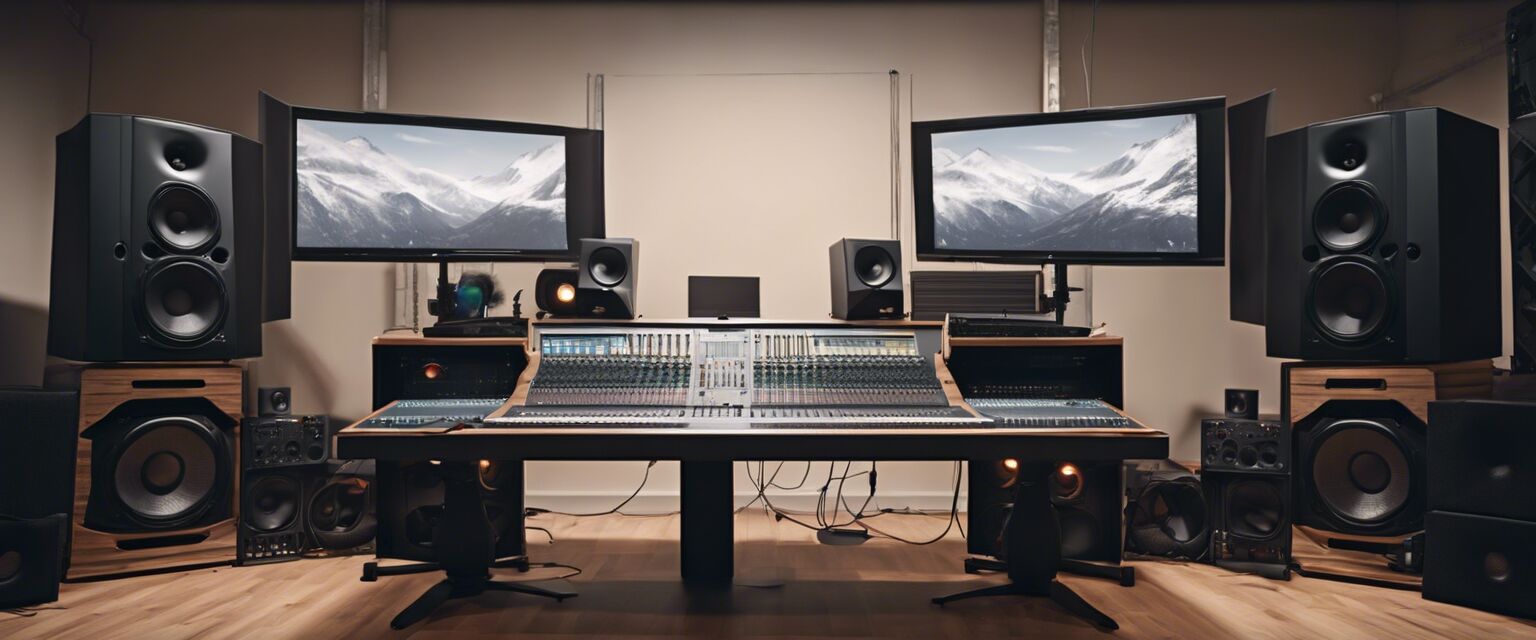
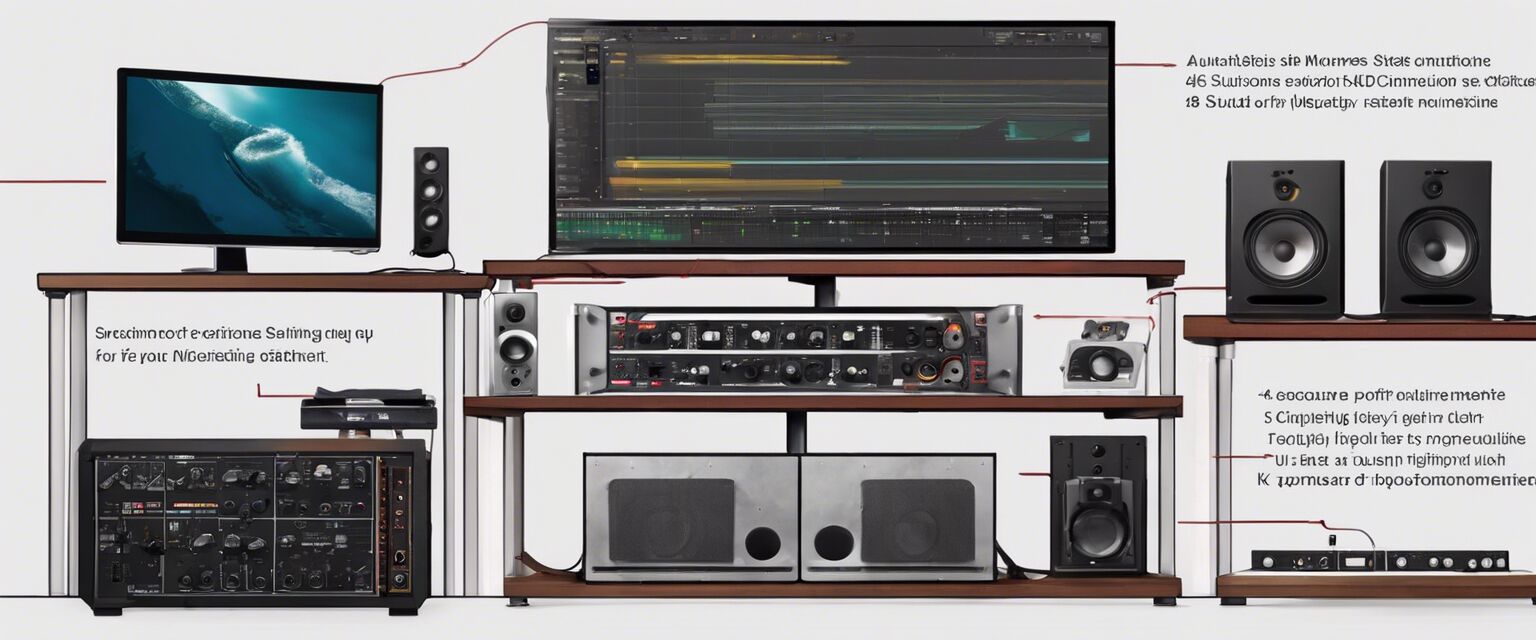
Explore more audio products
If you're interested in enhancing your audio production setup, check out our other product categories:
